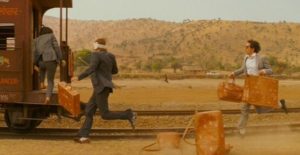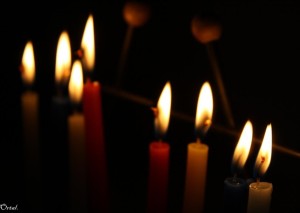 Why do we read the book of Jonah on Yom Kippur?
Why do we read the book of Jonah on Yom Kippur?
This is not a new question. There is a mini library of scholarship ancient and modern on this question. However, there is also a previous question to be asked, upon which there is another library of scholarship: What is the book of Jonah?
The Book of Jonah was summed up nicely by the Veggie Tales folks: Jonah was a prophet, oooh oooh/ But he never really got it, sad but true. and if you watch it you can spot it, a-doodley-doo!/ he did not get the point!
However, this brings in its wake the further question: Why are all the human characters vegetables, and yet the animal characters are still animals?
So there is still room for us to ask the question: What is the book of Jonah? Is it a book of prophecy like Isaiah or Jeremiah? Is it a narrative like Samuel or Kings? Is it something else? Continue reading

